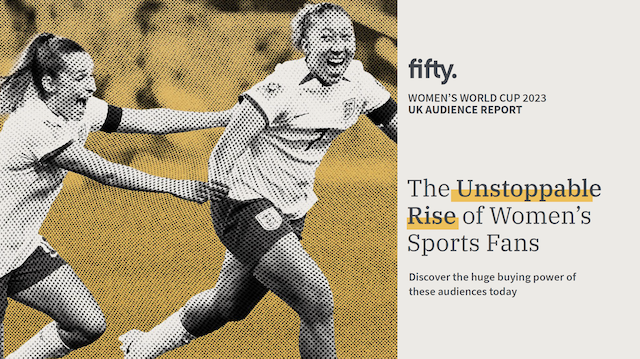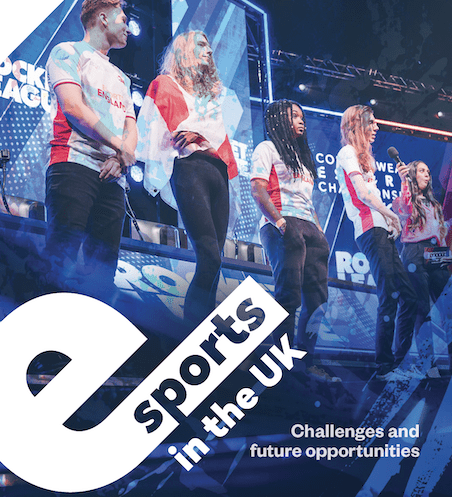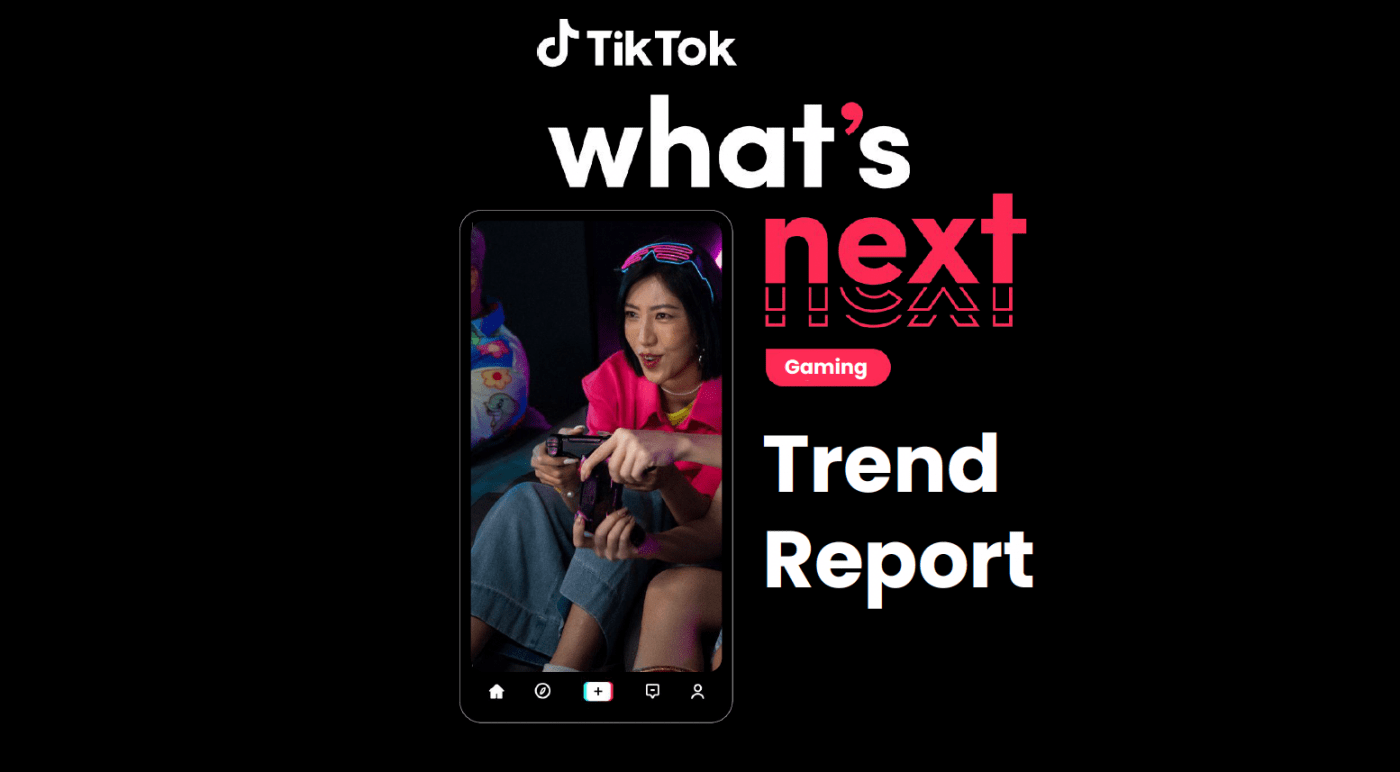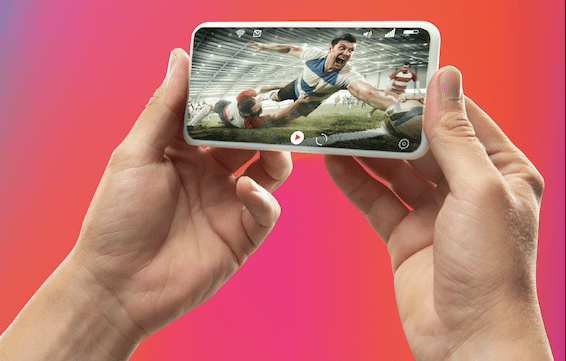The Biddable Youth report from Ipsos MORI, the University of Bristol, Demos, University of Edinburgh and Ebiquity, examines the impact on young and vulnerable people that sports and esports gambling advertising on Twitter has. The key aims of the research were:
- To explore whether and how gambling marketing and advertising influences children and young people’s attitudes towards gambling
- To examine the tone and content of gambling marketing and advertising across all media, including social media and explore the potential impact of these on children, young people and vulnerable people
- To identify specific themes and features of gambling advertising to which children, young people and vulnerable people are particularly susceptible
Gambling advertising and sponsorship in sport is a hot topic right now (February 2020). “Half of Premier League clubs and 17 of 24 Championship clubs are sponsored by bookmakers”, reports the BBC. And it’s not just football, sports like snooker and darts rely on income from gambling companies to keep their sports running. A lot of this advertising, and the activation of these sponsorships, happen on social media.
The gambling industry has also taken a keen interest in the world of esports. Not only are we seeing mainstream gambling companies like Betway, SkyBet, Paddy Power etc enter the market, but a number of esports-specific betting companies have emerged – the likes of Luckbox, Midnite, Puntt to name but a few. With esports attracting a much younger audience than sport, there are obvious concerns from bodies like GambleAware and the Gambling Commission about the potential impact esports gambling activity may have.
A step some esports organisations have taken that we’ve yet to see in sports is the banning of betting companies from associating themselves with their competitions or any of their competing teams. Riot Games, the publisher of League of Legends – the world’s biggest esport, is one such business that has implemented this rule around the world.
- Tens of thousands of children in the UK follow and engage with betting accounts on Twitter: Children make up 6% of followers of traditional gambling accounts – this rises to 17% of accounts focused on esports gambling
- 28% of those responding to Tweets encouraging the placing of bets on esports, in the UK, are children: This rises to almost half (45%) worldwide. In addition to being attractive to children and young people, esports related content also sees the worst advertising practice in terms of poor labelling of warnings and apparent flouting of regulations
- Betting advertising is widely shared on Twitter: Over nine months in 2018, 888,000 Tweets were sent from Twitter accounts known to be related to betting, reaching 4.8 million users (700,000 in the UK). Bookmakers and their affiliates sent an average of 14 Tweets per day
- Advertising of free bets is prevalent on Twitter: Half of Tweets from gambling accounts related to ‘free’ or ‘matched’ bets, which understate the risks of betting and are complex for the young and vulnerable to understand
- Very little Twitter gambling advertising mentions age restriction, responsible gambling, or terms and conditions within the text of the post: Only 7% of Tweets sent from a gambling account on Twitter include some kind of warning within the text of the Tweet Whilst 69% of Tweets from traditional sports accounts contain these warnings in images or videos only 2% of esports did so
- Tweets are seldom labelled as advertising: CAP Code 2.1 states that,” marketing communications must be obviously identifiable as such.” However, no such overt labelling was found
- The majority of the Tweets raise some regulatory concern: 68% of traditional sports and 74% of esports Tweets appear to contravene regulations in some way for example by presenting gambling as an income source, or by encouraging gambling as a regular activity or at unsociable times
- Much Twitter gambling advertising is “content marketing” designed to build brand awareness and encourage sharing. Whilst some Twitter gambling advertising is designed to elicit immediate betting a great deal is designed with a longer-term goal of building brand awareness and affinity through engaging content likely to be shared. The most common tactics used are humour, surprise admiration and the presentation of images, facts and stories that make people feel like insiders or niche experts
Recommendations on limiting the impact on young and vulnerable people that sports and esports gambling advertising on Twitter has can be found below.
For technology companies:
- Existing age verification tools should be available to all advertisers
- Platforms should work with advertisers to make embedding Ts&Cs in messaging seamless
- A free, searchable database of gambling advertising on platforms should be made available
For industry and advertisers:
- Integrate more explicit and frequent references to risk, age restrictions and responsible gambling within advertising content
For regulators
- Ensure that existing regulation and codes of practice are applied to the licensed esports betting market as it develops
- Maintain careful oversight over unlicensed operators online
- Identify both poor compliance to existing regulations and guidelines and the potential need for new regulations or guidelines
- Consider whether ‘particular appeal’ is a useful distinction for deciding whether the content is likely to be appealing to children, young people and vulnerable adults
- Consider the potential role and value of education initiatives
The Biddable Youth report is an important read for all betting companies, agencies that work for gambling businesses, sports and esports commercial rights holders and those responsible for regulating the competitions. To download the report examining the impact on young and vulnerable people that sports and esports gambling advertising on Twitter has, click here.
If you would benefit from the advice of a gaming and esports agency, Strive Sponsorship can help. Contact us for gaming and esports strategy, sponsorship, commercial, content, operations, investment and communications consultancy services.














